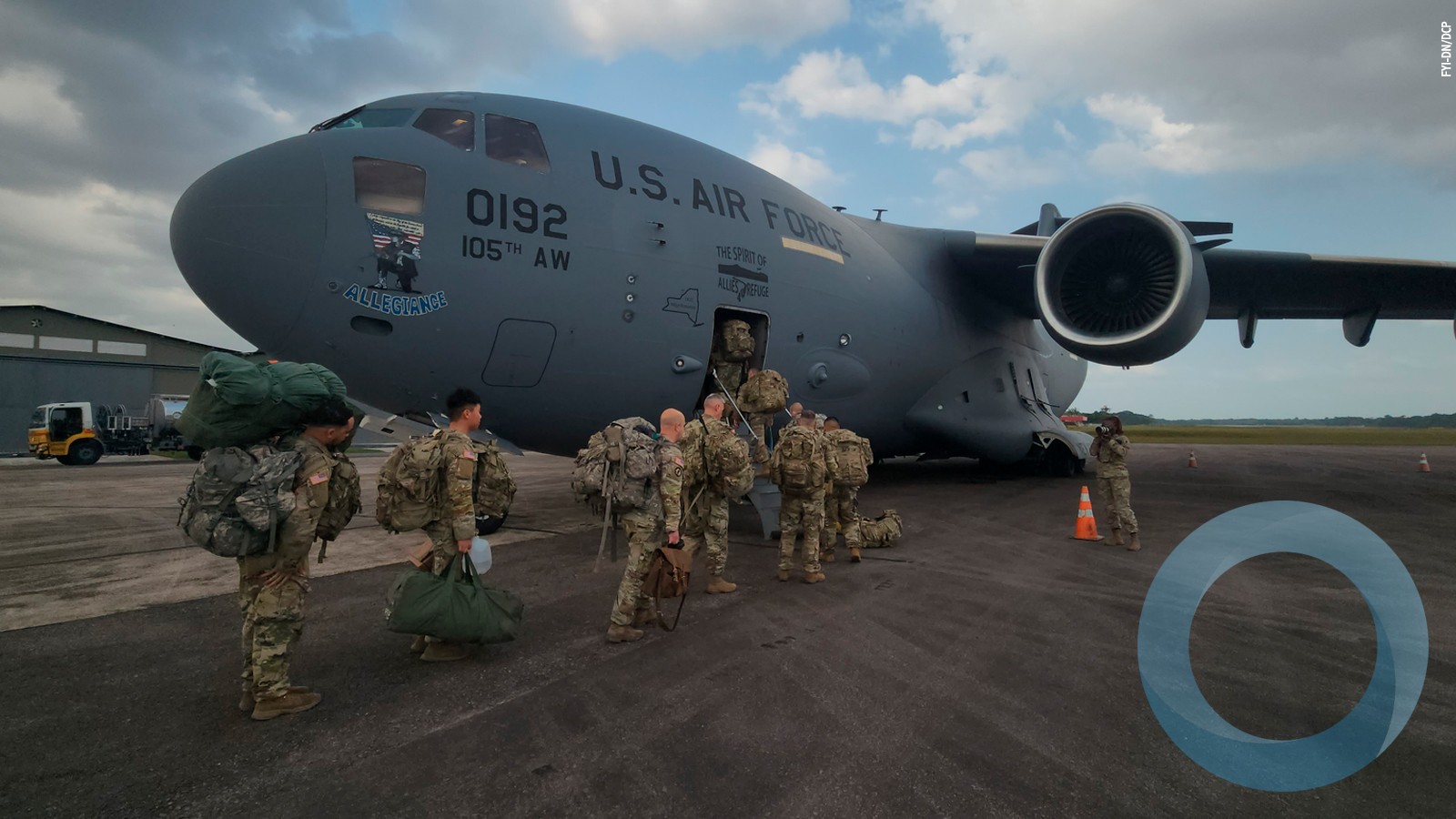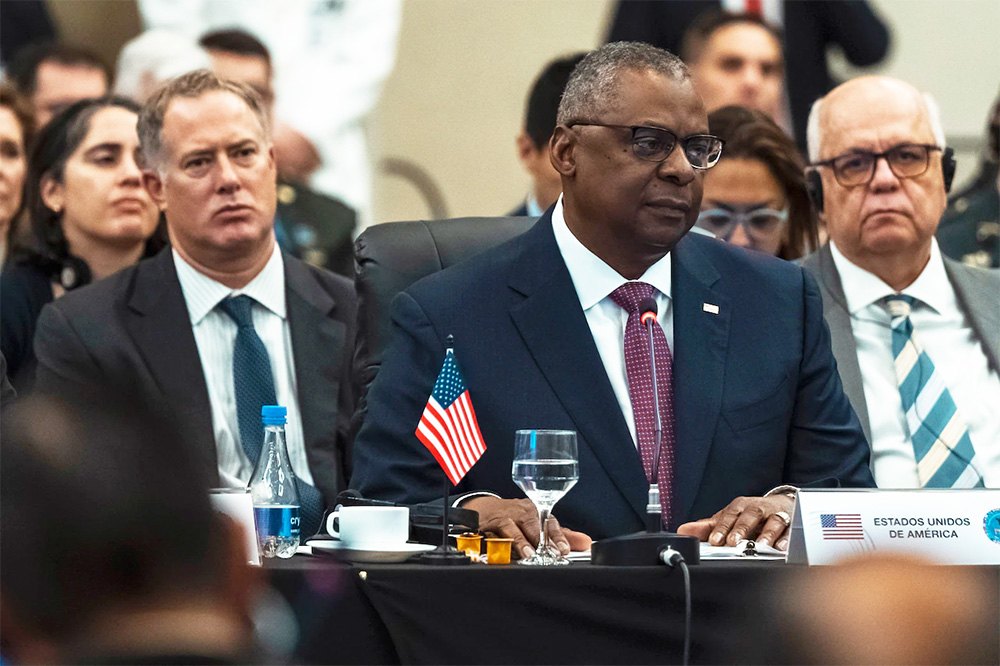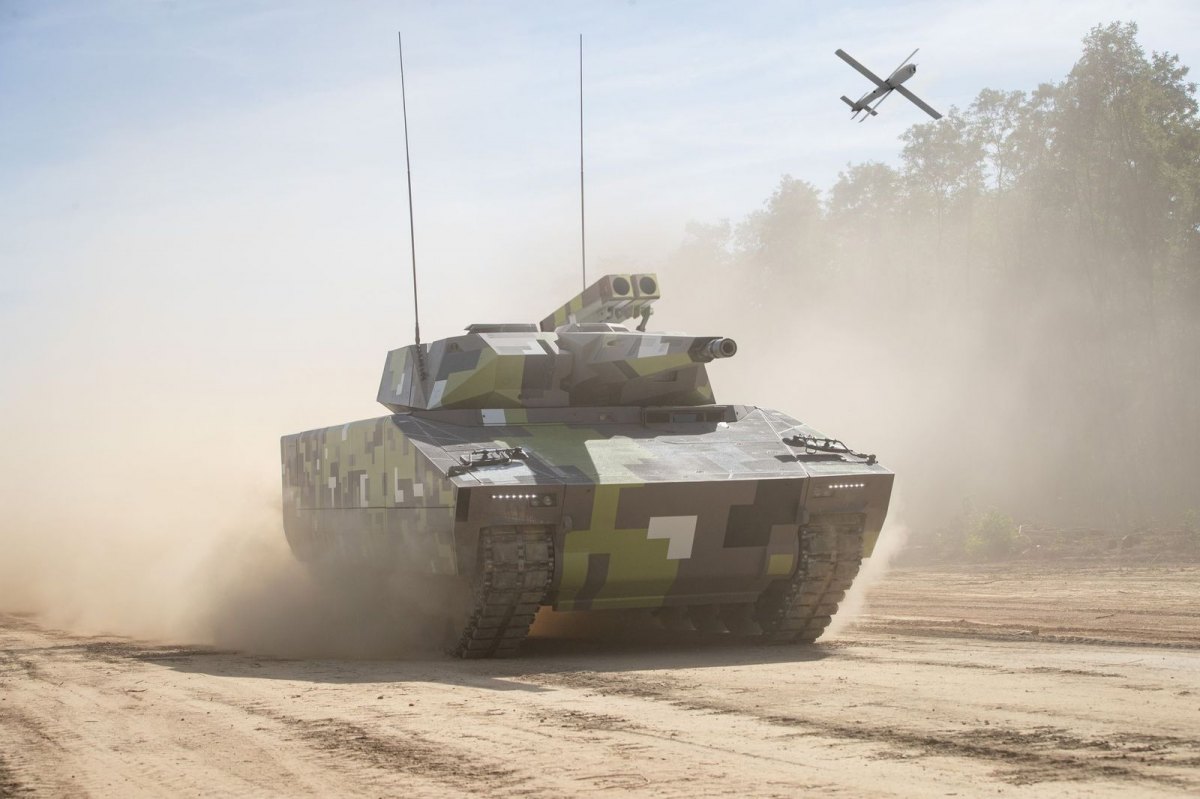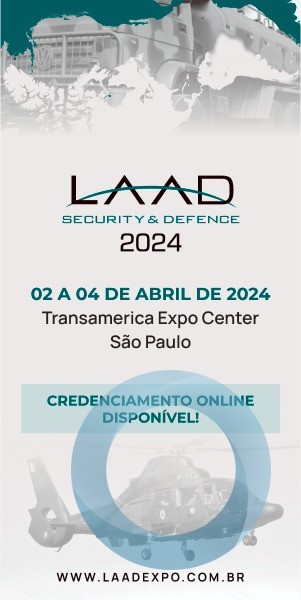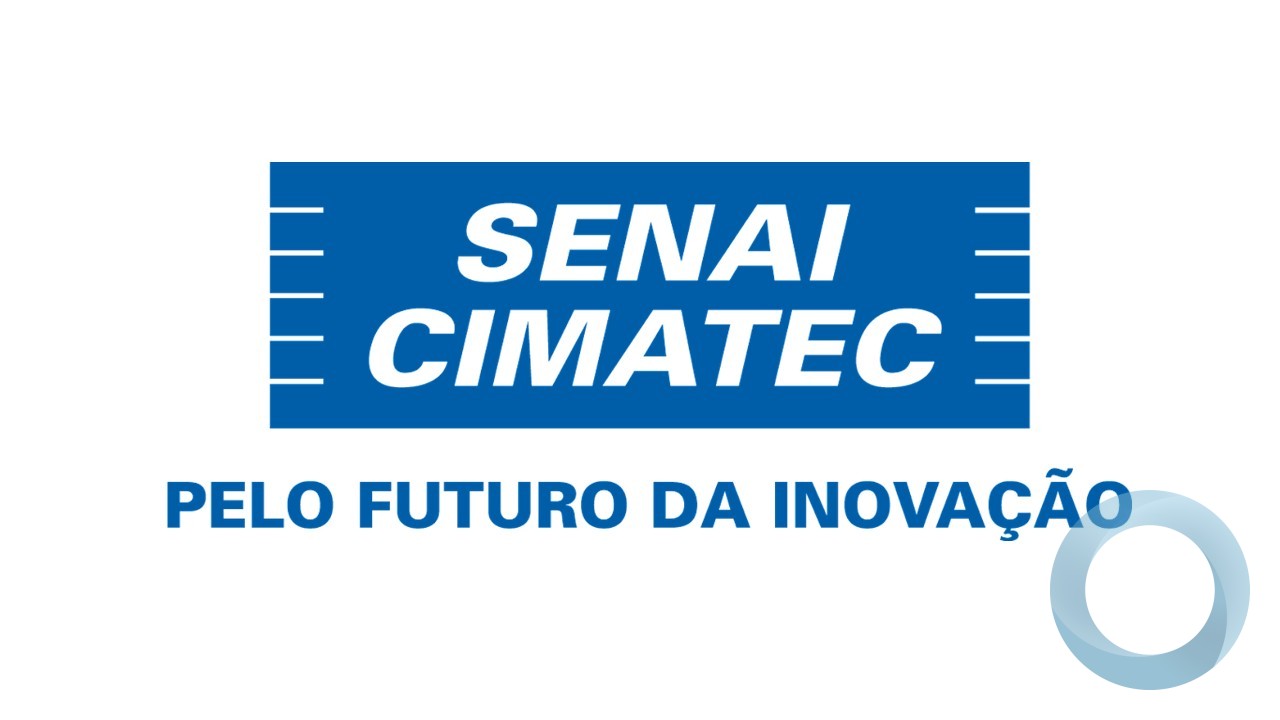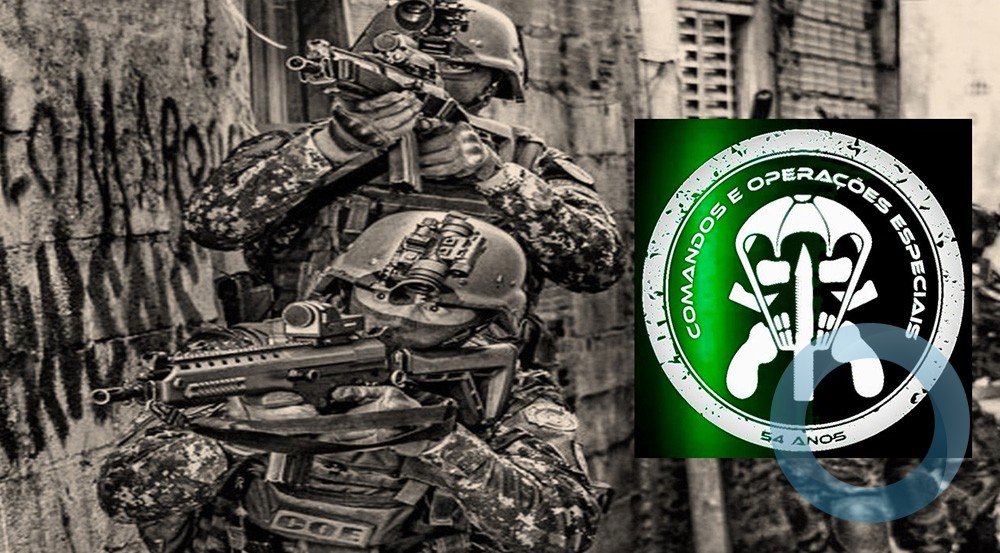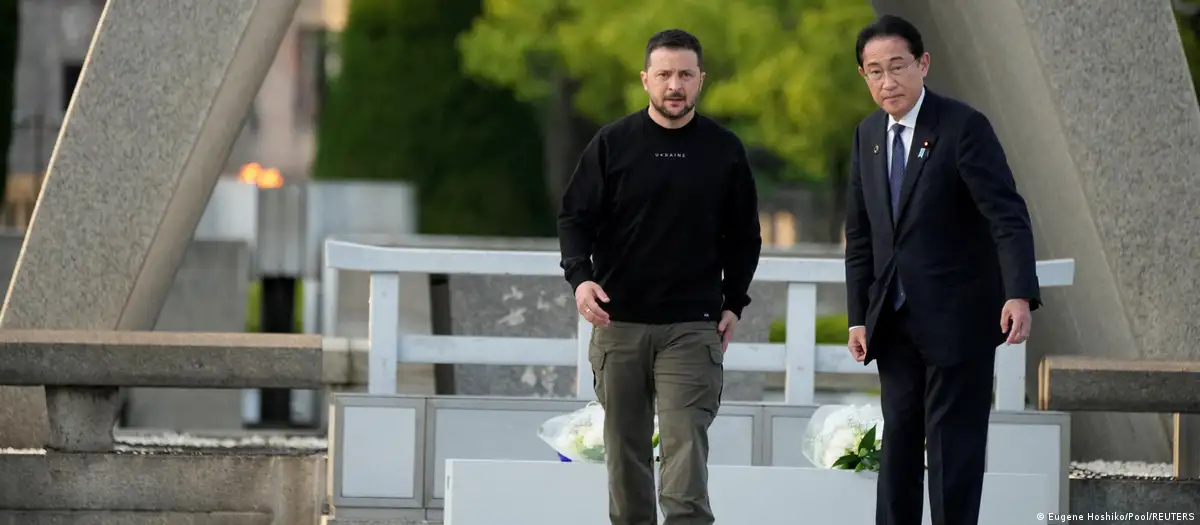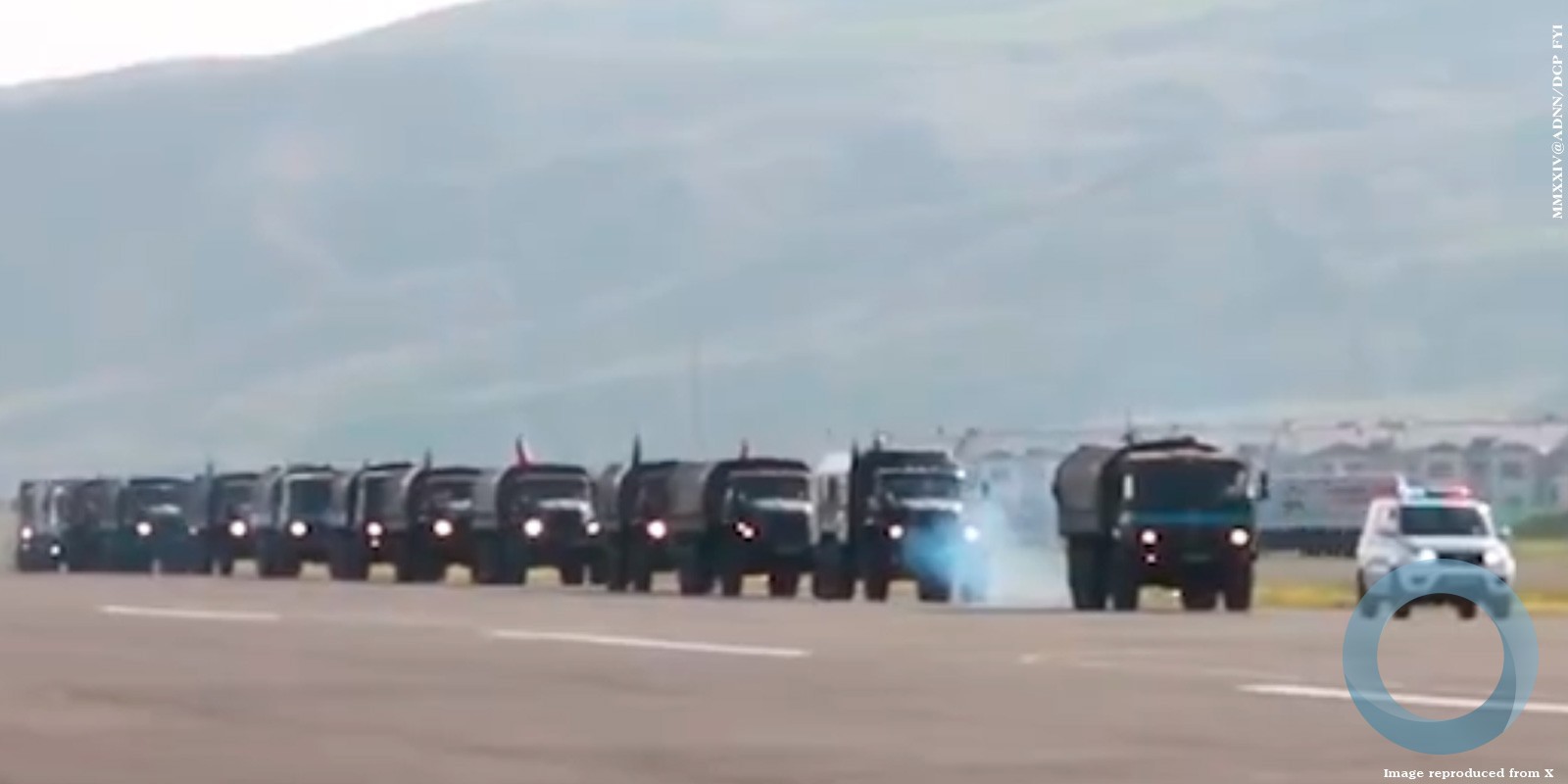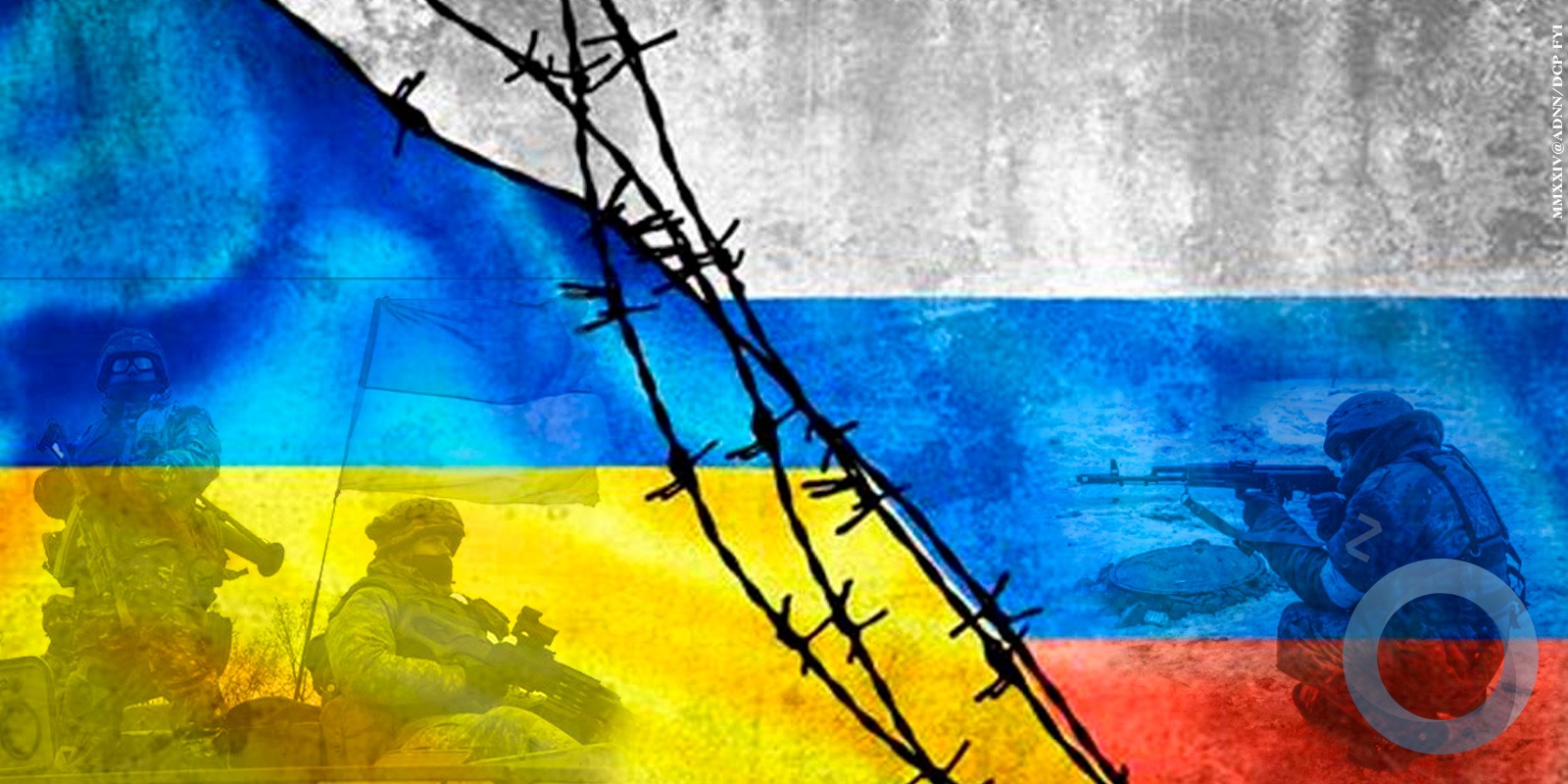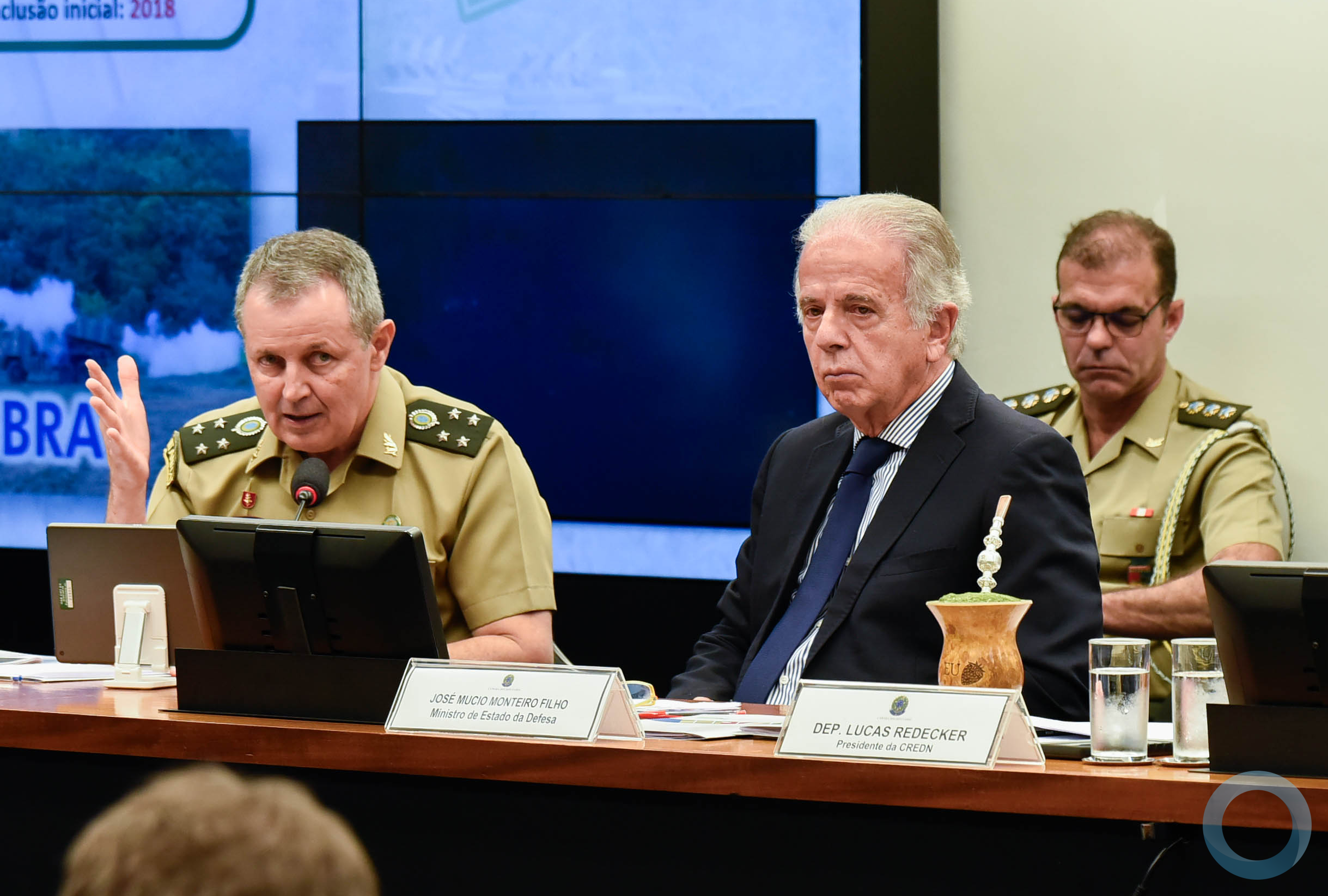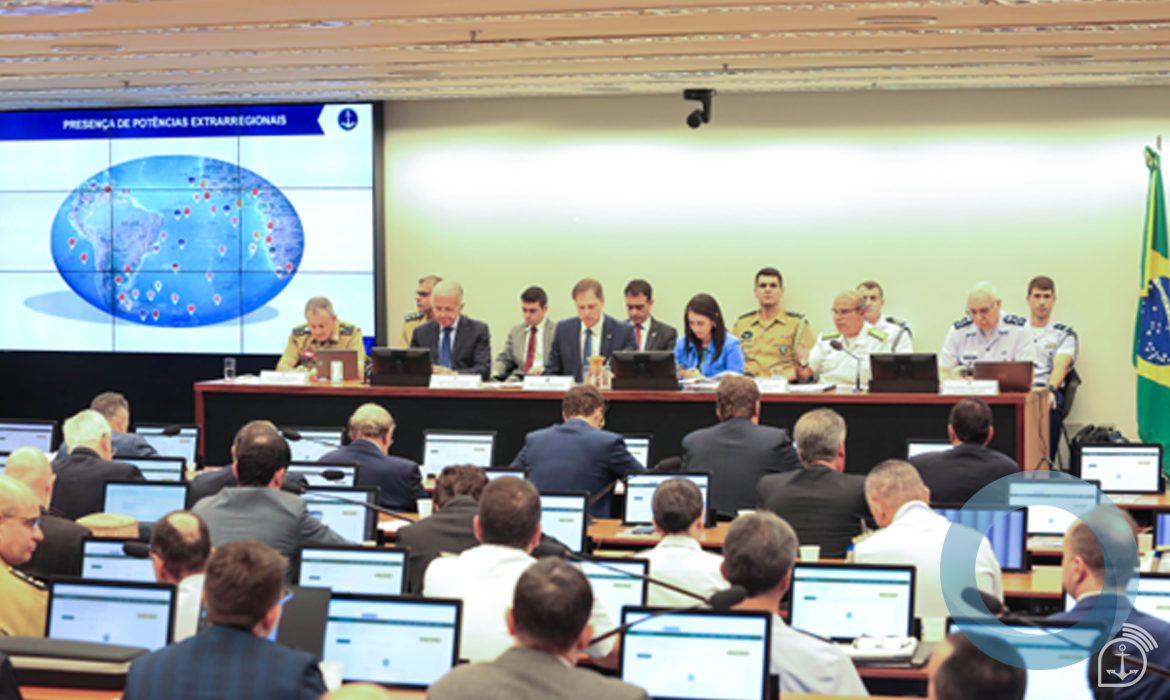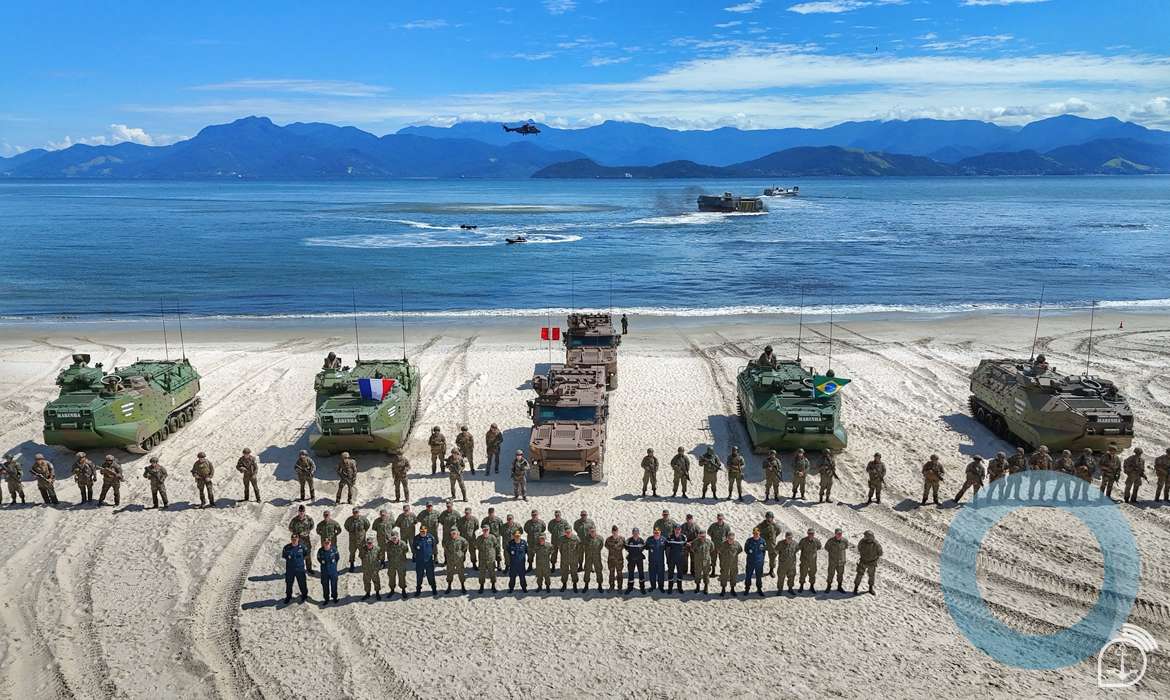THE DEFENSE INDUSTRY AND
BRAZIL X UNITED STATES COOPERATION
Speech Congresswoman Jo Moraes
President of the Commission of External Relations and National Defense
Brasilia DF 05 August 2015
I would like to start by pointing out that, in this last period, there has been a greater number of meetings between businessmen, military and public officials of our two countries. This represents an important initiative to expand the search for opportunities for cooperation, business and partnerships between Brazil and the United States. It is also a way to build knowledge about the strategic thinking of the different sectors of our societies with transparency. That is why I thank you all for this opportunity to share the challenges we will face inthe future of our relations.
It is worth to reaffirm the general features of the moment we live. The world is going through unprecedented changes, which is the result of this high degree of globalization of life. And we cannotforget that the future of each country is linked to these global movements.
Trends towards multipolarity and economic globalization to a society where information spreads quickly through technological innovation is reinforced. In this context, every nation and itspeople aim to seek the best opportunities for their development. And the best environment for this construction is a world of PEACE and mutual COOPERATION.
We are aware of the major obstacles we need toface to achieve these objectives. We face a persistent economic crisis and the intensification of ethnic, border and territorial conflicts, whose by-product is the growing practice of terrorism that runs over the path of peace and negotiated settlement of inevitable conflicts.
In this sense, the agendas of defense policy and defense industry become relevant. For countries that use them as the focal point in defense of its sovereignty, as is the case of Brazil, as well as for those who need to use them in direct conflict circumstances.
GROWTH, INNOVATION AND DEFENSE: EMERGING AREAS IN BRAZIL
Presently, the great challenge of our country is to find the path to sustainable growth based on its insertion in the world market, the modernization of its industry and overcoming social injustices. As everyone knows, Brazil registers a late development in its history and strong features of regional and social inequalities. Overcoming these historicalobstacles requires focus on government initiatives. And the focus is on investments in infrastructure and technological innovation as a way to strengthen industrialization. This policy has materialized especially in recent government initiatives such as the Logistics Plan, the National Plan for Export and approval of the National Code of Science, Technology and Innovation.
We are aware of the impact that the global crisis has produced in our countries and in the case of Brazil the consequences of ensuring the balance of public accounts which, although necessary, has limited government investments. Hence the urgent need to build partnerships between governments and between companies seeking to improve legal cooperation mechanisms that comply with the law of each country.
The relationship between our countries begins from a growing trade partnership. In 2014, the United States was Brazil’s 2nd main trade partner, accounting for 13.6% in the foreign trade of Brazil. Between 2005 and 2014, trade grew 76.2%, goingfrom US $ 35.2 billion to $ 62 billion. In 2012, in the defense area, sales to Brazil rose 37% compared tothe previous year, according to DefesaNet.
The United States is the largest foreign investor in Brazil. According to the Central Bank information of 2013, US investments in the country amounted to US $ 116 billion. In the same year, the stock of Brazilian investments in the US was approximately $ 14 billion. Around 3.000 American companies operate in our country. These numbers demonstrate the mutual trust that is being built between our people and our governments.
NEW RHYTHM IN POLITICS AND IN THE DEFENSE INDUSTRY
In recent years, Brazil has made significant strides with regard to defense policy. The DefenseWhite Paper adds to the National Defense Strategy and National Defense Policy as policy documents on defense activities in Brazil. Other instruments were added to assist in implementing policies: the JointDefense Industry (CMID), which operates in decision-making processes related to the defense industry; the Defense Articulation and Equipment Plan (PAED) to plan and execute the purchase ofdefense product; and the Law 12.598 / 12, the legalmilestone for purchases, hiring and product development and defense systems in the country. We have to note that the Brazilian conditions are still limited in public resources invested in the defense area.
In addition to these government initiatives, there is a growth and consolidation of production chains that form around important defense industry enterprises, all users of the latest technologies.
President Dilma’s visit to the United States also reengaged the dialogue in the defense area. The meeting between Brazil’s Minister of Defense,Jaques Wagner with the United States Secretary of Defense appointed a joint project that includes technological partnership, association between Brazilian and US companies and the search for new markets. We need to advance in the understandingsthat will overcome the remaining legal obstacles.
Understanding the need to accelerate the construction of the legal frameworks that contribute to this partnership, the Brazilian Congress approved in a short space of time, two important agreements. The Defense Cooperation Agreement (DCA), which will allow for joint training, courses and internships, facilitating trade negotiations for equipme
There is a growing understanding between usBrazilians, that the resumption of industrialization in our country has innovation as its central lever. At the same time there is the perception that the defense industry is now the sector that most incorporates technology. An example of this understanding is the decision made by President Dilma for the Inclusion of strategic projects in the Growth Acceleration Program (PAC).
It is important to point out the scope of the signed agreements and memorandums between our governments during President Dilma Rousseff’s visitto the United States. In regard to Brazilians living inboth countries, the Social Security Agreement (over one million Brazilians living in the US) stands out, as well as the cooperation agreements for aerospace,espec
Within this understanding, is the prospect of building together with the United States a relationship based on complementarity of our businesses, our markets and the opportunity to elevate, in the case of Brazil, the qualification of our human capital.
This is what I have to share with you Ladies and Gentlemen.
Thank You.
Brasília, August 5th 2015.
Congresswoman Jô Moraes
President of the Commission of External Relations and National Defense
Related Material
Text in portuguese
BR-US – Indústria de Defesa e a Cooperação Brasil e EUA Link
Comitiva americana conhece Política e Estratégia de Defesa Nacional do Brasil Link






